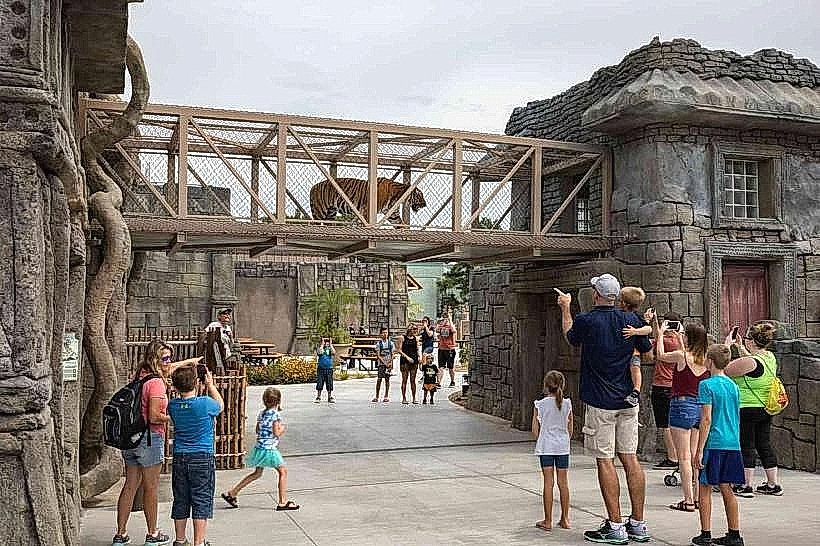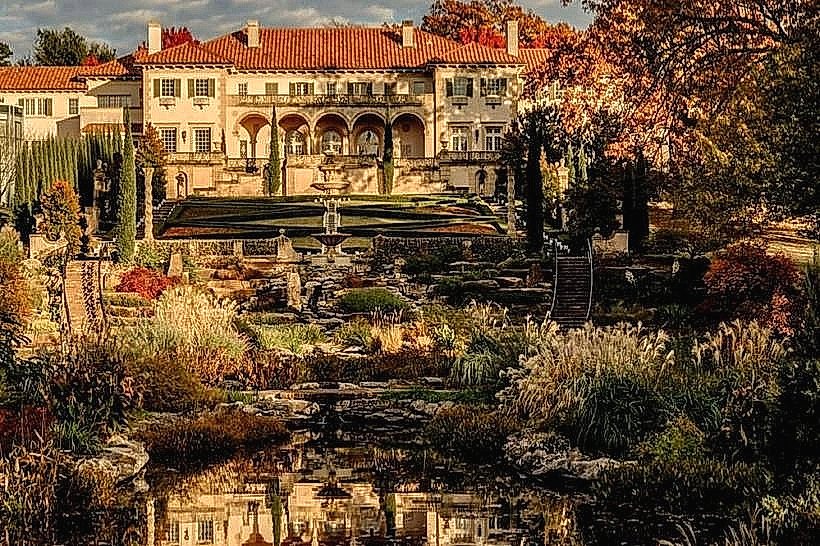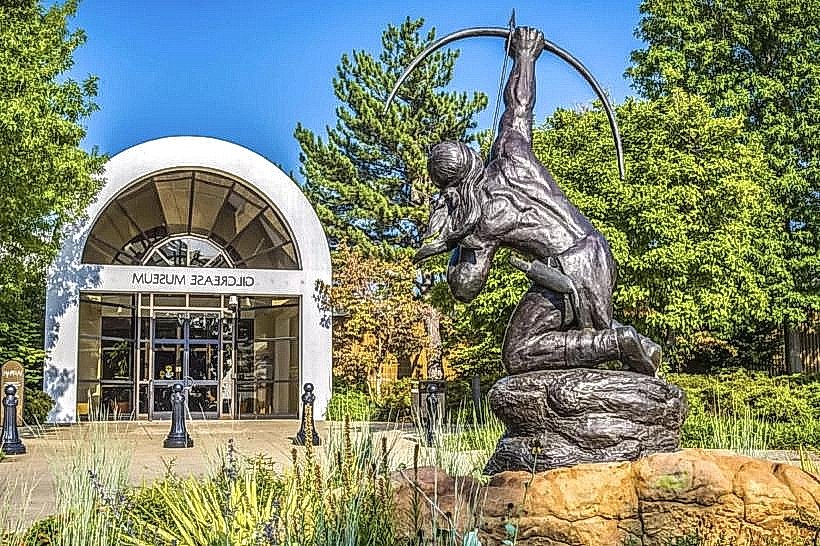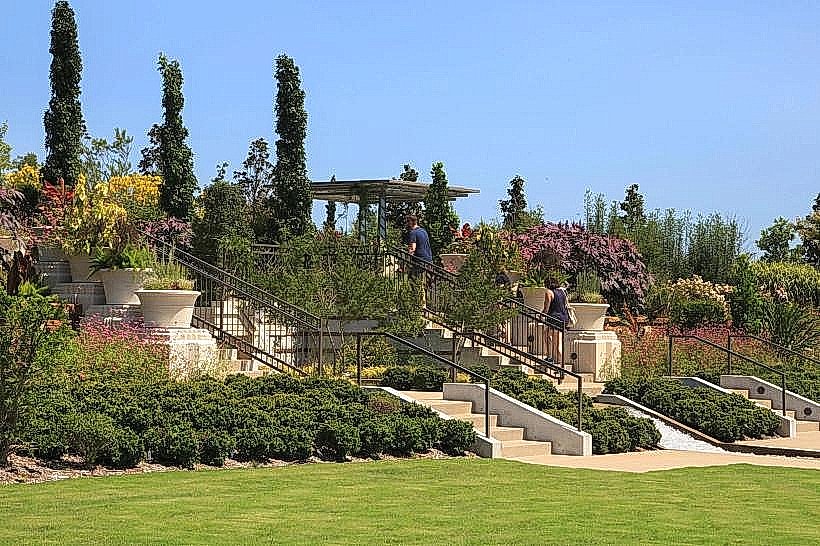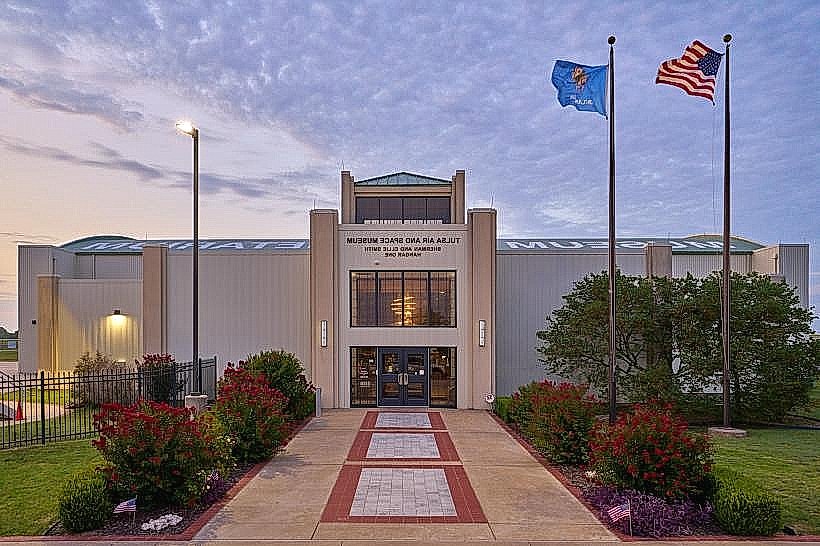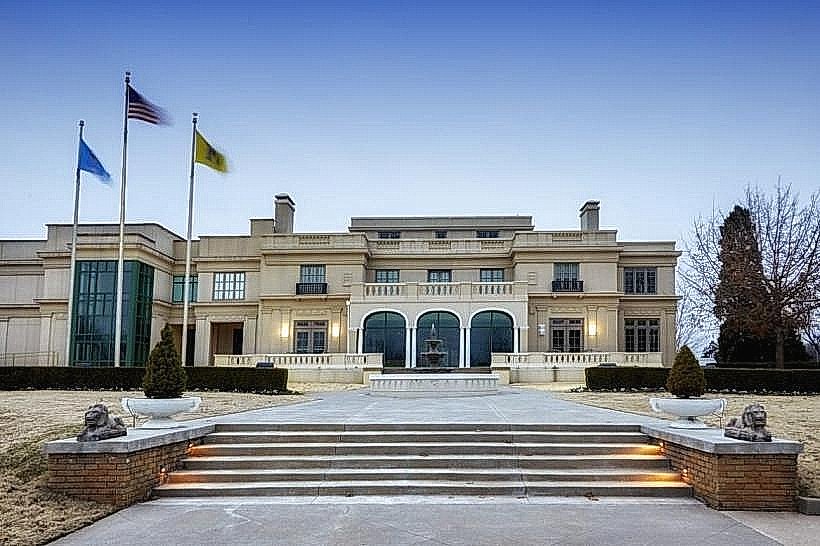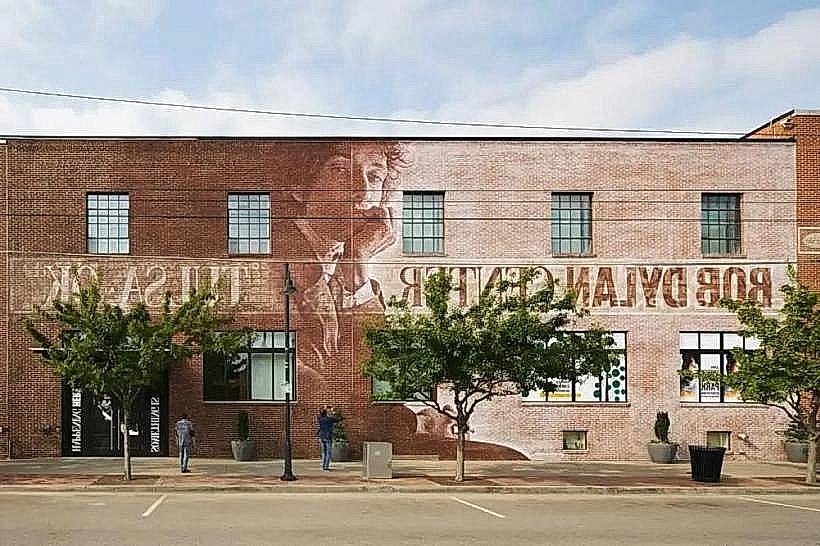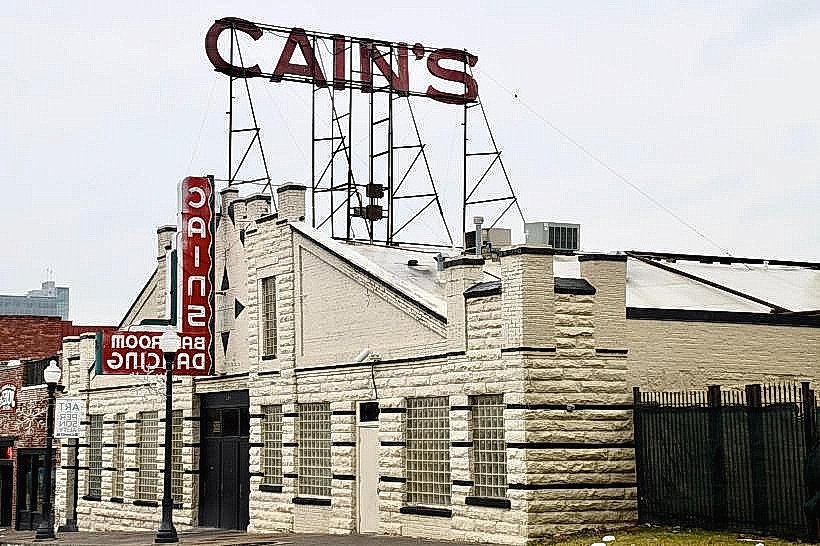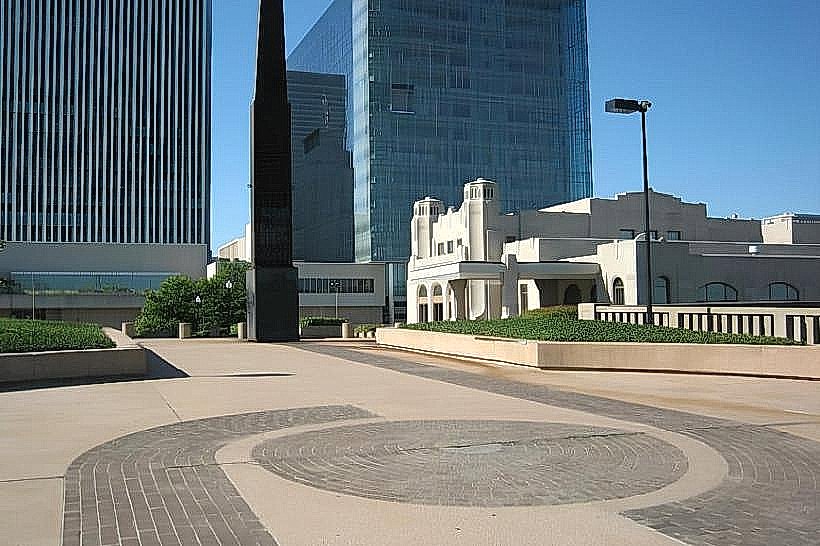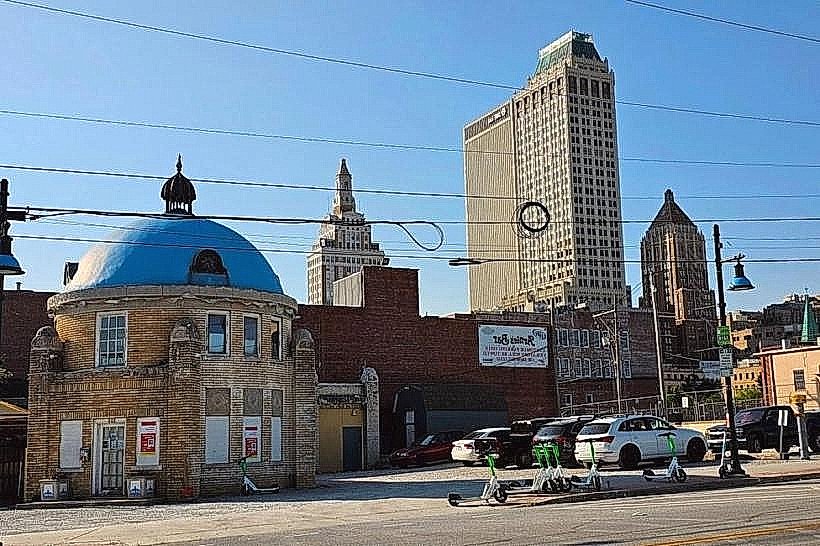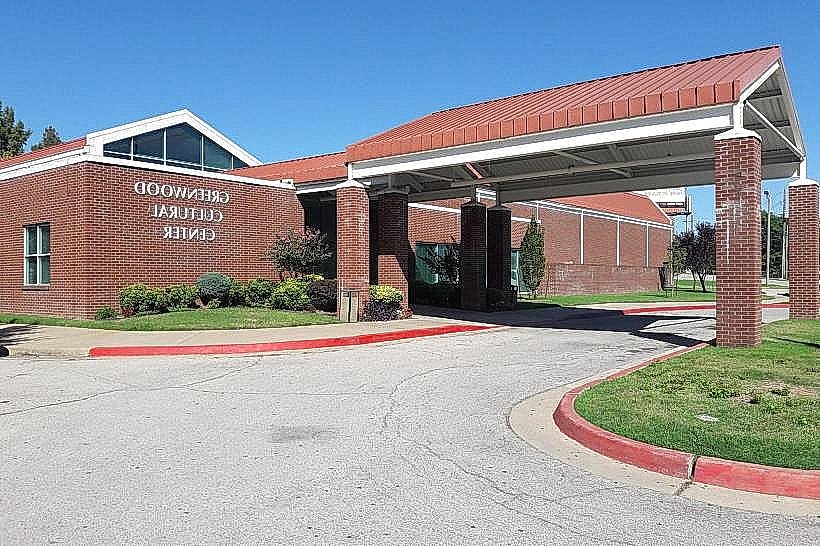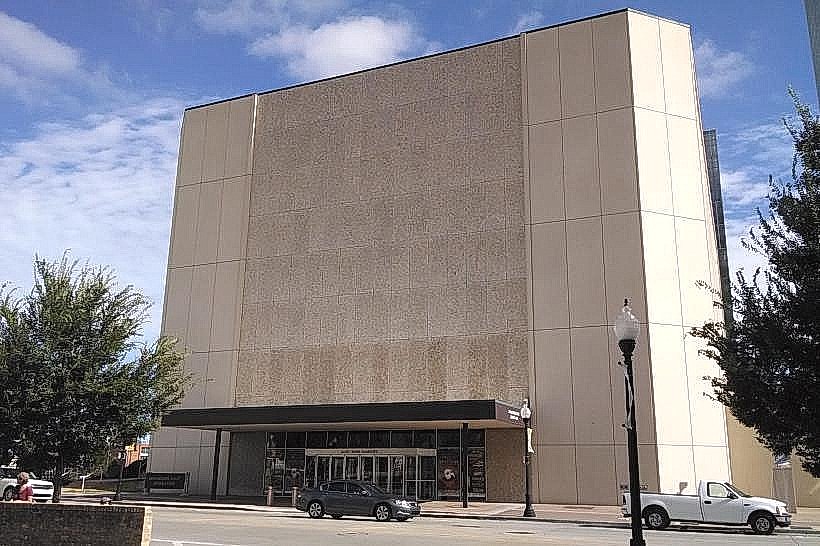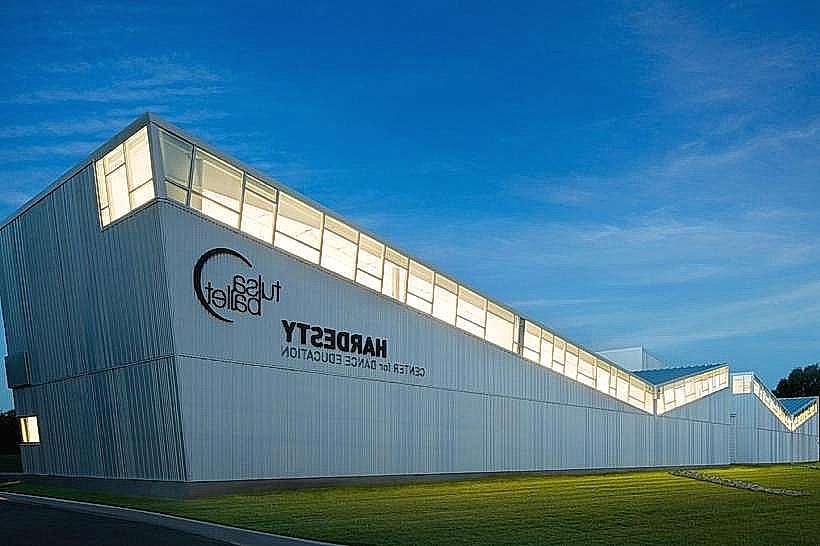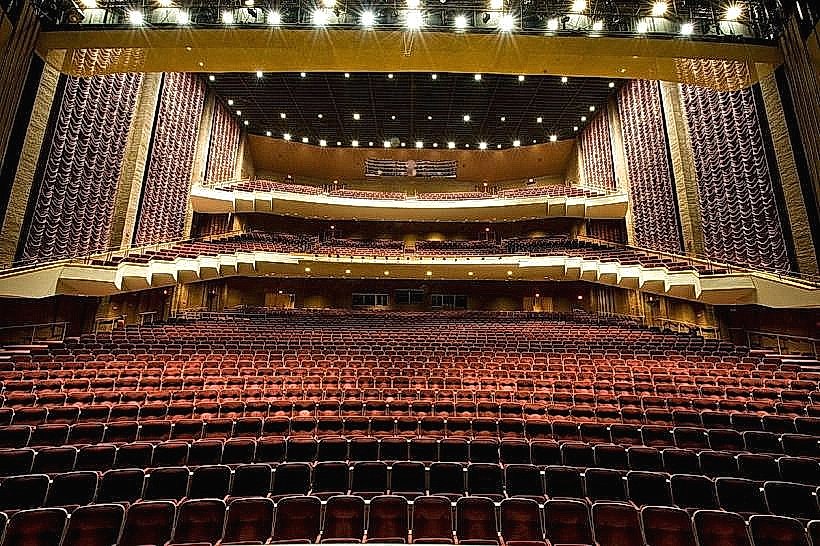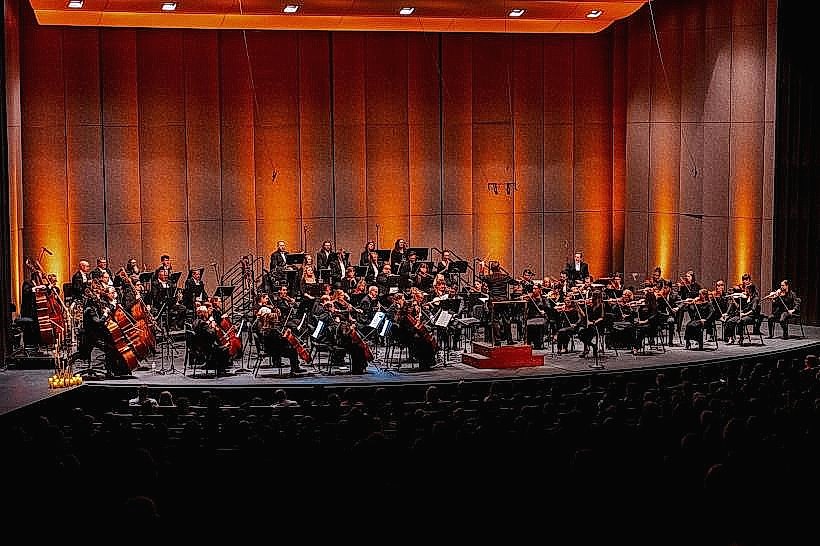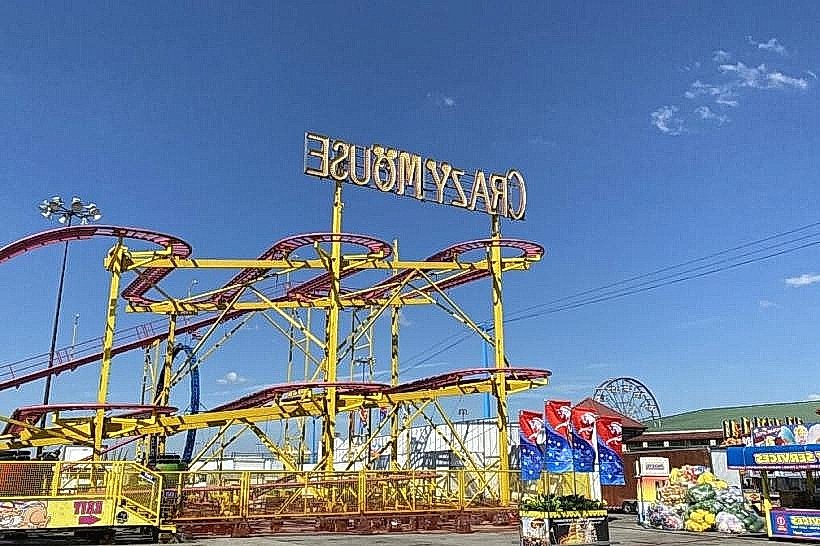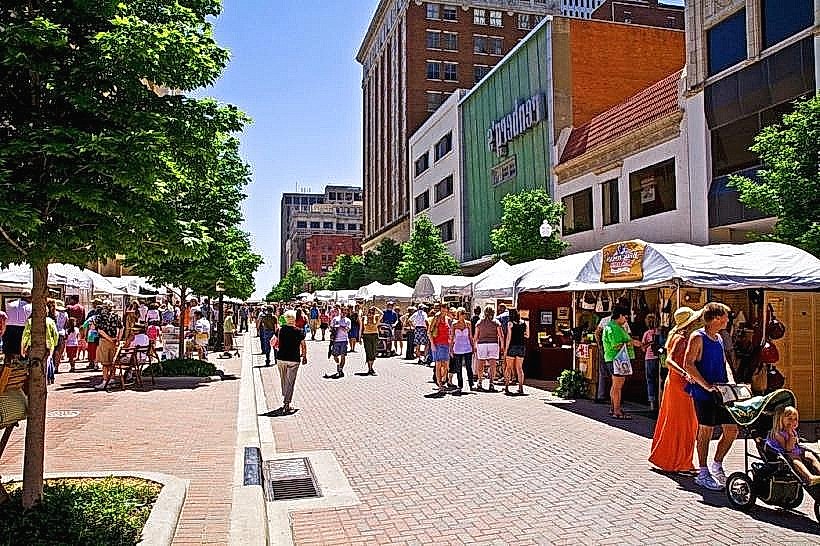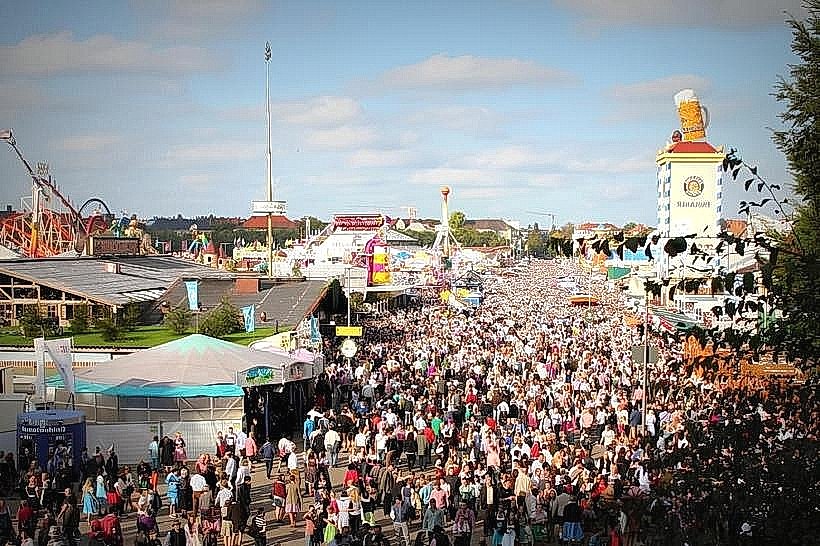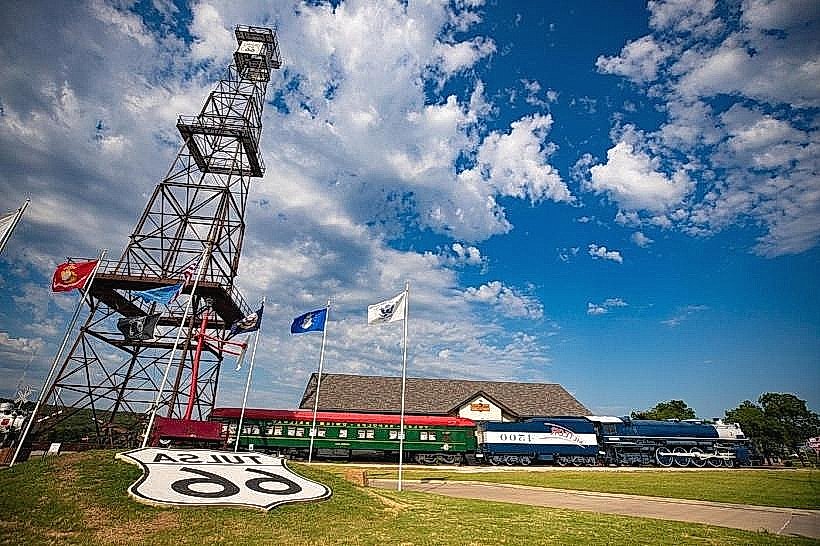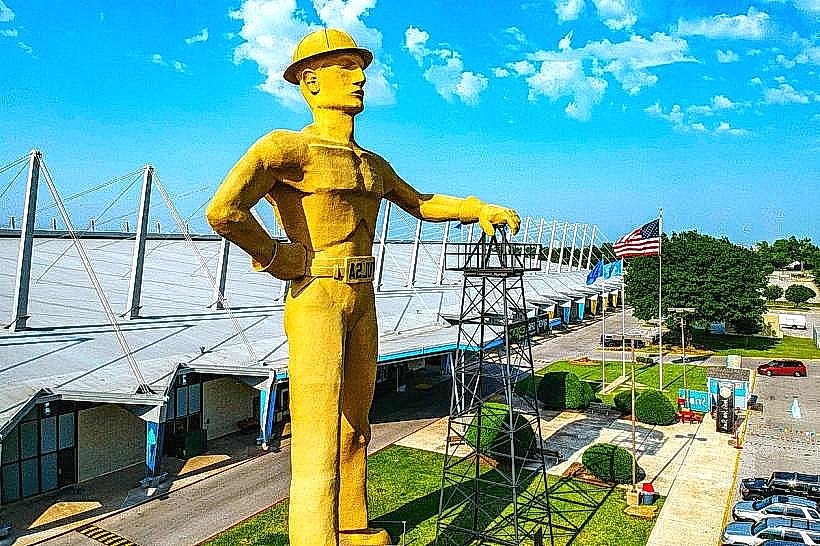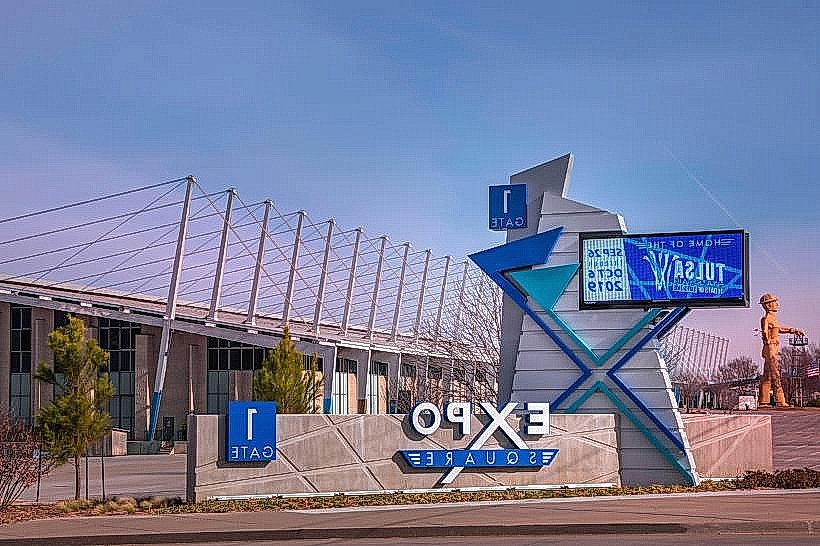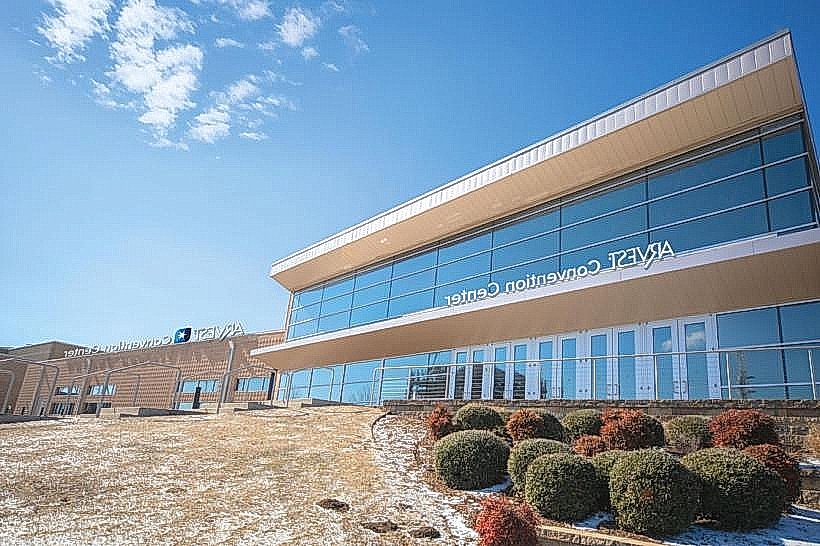Information
Landmark: Church StudioCity: Tulsa
Country: USA Oklahoma
Continent: North America
Church Studio, Tulsa, USA Oklahoma, North America
The Church Studio is a historic recording studio and cultural landmark located in Tulsa, Oklahoma, celebrated for its significant role in the development of the city’s music scene, particularly the Tulsa Sound. Originally established in 1972 by Leon Russell, the studio occupies a converted church building and has become an iconic destination for musicians, producers, and fans of American rock, blues, country, and soul.
Historical Background
Leon Russell, a legendary musician, songwriter, and producer, purchased the building, which had been a church, and transformed it into a recording studio. The Church Studio became a hub for recording Tulsa Sound artists-a unique blend of rock, blues, country, and soul characterized by smooth rhythms and soulful instrumentation. Over the decades, the studio attracted major artists from across the country, contributing to Tulsa’s reputation as a musical powerhouse.
Layout and Facilities
Recording Studio Spaces: The Church Studio includes professional recording rooms, control rooms, and acoustically designed performance areas. Its architecture, including high ceilings and wooden surfaces, contributes to its distinctive sound quality.
Historic Ambience: Original features of the church, including stained glass windows, hardwood floors, and vaulted ceilings, have been preserved to maintain the building’s historic character.
Exhibit and Gallery Areas: Portions of the studio serve as a mini-museum, displaying photographs, memorabilia, and artifacts related to Leon Russell, the Tulsa Sound, and other notable artists who recorded there.
Event Spaces: The studio hosts private concerts, album release events, and special performances, allowing visitors to experience live music in an intimate and historic setting.
Highlights
Leon Russell Legacy: Original instruments, memorabilia, and studio equipment used by Russell and collaborators.
Tulsa Sound History: Artifacts, photographs, and recordings that document the emergence of the distinct musical style associated with Tulsa.
Famous Artists: Over the years, the studio hosted sessions with artists including Willie Nelson, Eric Clapton, JJ Cale, and Bonnie Raitt.
Live Performances: Occasionally, the studio hosts performances that allow audiences to experience music in the environment where historic recordings were made.
Cultural and Civic Significance
The Church Studio is more than a recording facility-it is a symbol of Tulsa’s musical heritage:
Helped establish the Tulsa Sound, influencing rock, country, and blues nationally.
Preserves the legacy of Leon Russell and other key artists who shaped American music.
Acts as a cultural hub for local musicians, recording artists, and music enthusiasts.
Contributes to Tulsa’s identity as a city with deep roots in music production and innovation.
Visitor Tips
Tours: Guided tours are sometimes available, highlighting the studio’s history, architecture, and famous recordings.
Photography: Allowed in exhibit areas; restricted during live recording sessions.
Events: Check the schedule for concerts, special events, or artist appearances at the studio.
Accessibility: The building has been adapted for accessibility, but some areas may have limited access due to original architectural constraints.
The Church Studio is a unique blend of historic architecture, musical innovation, and cultural preservation. It remains a landmark for fans of American music, particularly those interested in the Tulsa Sound and the enduring influence of Leon Russell on both local and national music history.

